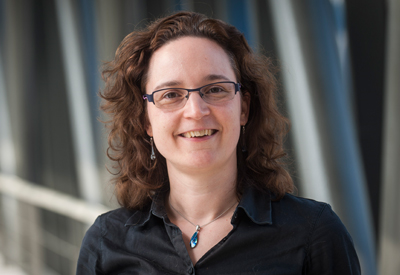
Annemieke Aartsma-Rus
Prof. Dr. Annemieke Aartsma-Rus is a professor of Translational Genetics at the Department of Human Genetics of the Leiden University Medical Center. Dr Aartsma-Rus obtained her PhD in 2005 with the thesis ‘Developing antisense-mediated exon skipping therapy for Duchenne muscular dystrophy; making sense out of nonsense’. After her graduation she continued the work on exon skipping therapy development at the Leiden University Medical center, coordinating preclinical studies for Duchenne muscular dystrophy and collaborating with Prosensa/GSK/Biomarin for the clinical development of this approach. Based on the IP generated by LUMC, currently 2 Duchenne exon skipping drugs are approved in the USA. She also established collaborations with researchers around the world to initiate exon skipping studies for other diseases. For this effort she has generated guidelines for design of exon skipping antisense oligonucleotides. In addition, she has played a coordinating role in educating stakeholders in the Duchenne field (clinicians, patients and parents, and representatives from regulatory agencies and industries) and patient education for rare diseases (collaboration with EURORDIS).
Prof. Dr. Aartsma-Rus has published over 200 peer reviewed manuscripts and received funding from amongst others the Duchenne Parent Project (Netherlands), Duchenne UK, Prinses Beatrix Spierfonds, ZonMw and the EU. She is president of the Oligonucleotide Therapeutics Society and was Chair of the TREAT-NMD Executive Committee (2013-2016, 2019-2020). She is a scientific advisory board member for Sarepta Therapeutics, Silence Therapeutics, ProQR and Genethon, but also of Duchenne charities such as Duchenne Parent Project, Little Steps, and Duchenne UK.
Prof. Dr. Aartsma-Rus’s current research focuses on improving exon skipping for Duchenne muscular dystrophy and other diseases, optimizing model systems for muscular dystrophies, elucidating transcript processing of the dystrophin transcript, identifying biomarkers for muscular dystrophies and studying the effect of dystrophin in the brain.
In 2011 she received the Duchenne Award from the Duchenne Parent Project for her dedication to the Duchenne field. In 2020 she received the EURORDIS Black Pearl Science award for her efforts in patient education in the rare disease field.
